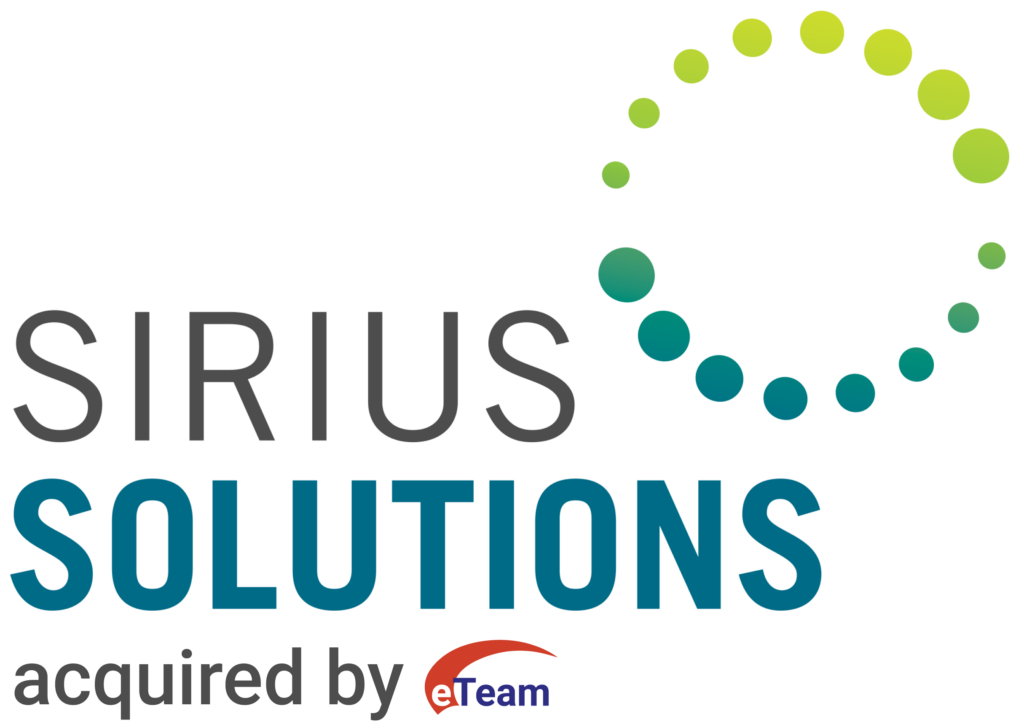For financial teams navigating digital transformation and change management, employee morale and commitment are critical to successful process improvement.
The Importance of Diagnosing System Inefficiencies
Assess system inefficiencies as part of your EOY closing process and boost employee morale by encouraging participation in your change management process.
Streamlining Routine EOY Processes with Technology
Year-end close is an excellent time to embrace automation and unlock opportunities for change management and process improvement.
Using Digital Transformation to Enhance Collections Practices
Electronic invoicing using AI and digital transformation improves cash flow and days sales outstanding. Learn about the benefits for your organization.
Achieve Digital Transformation with Electronic Invoicing Systems
Electronic invoicing using AI and digital transformation improves cash flow and days sales outstanding. Learn about the benefits for your organization.
Tableau GPT: Transforming Financial Decision-Making
Sirius Solutions’ traditional data modeling transforms into an AI-driven system using Tableau.
Tableau GPT & Sirius Solutions: The Future of AI Analytics
Sirius Solutions and Tableau GPT transform data-driven decision-making.
Implementing effective project control mechanisms
Embrace organizationally diverse teams with our strategies for efficient project management and leveraging experienced external talent.
Embracing the Future of Project Management: Hybrid Team Management
Embrace remote work and hybrid team management for project success and growth in today’s professional landscape.
Embedded Leases and the Lease Accounting Standard
Understand how the new Lease Accounting Standard (ASC842) may influence your balance sheet and leverage ratios.
